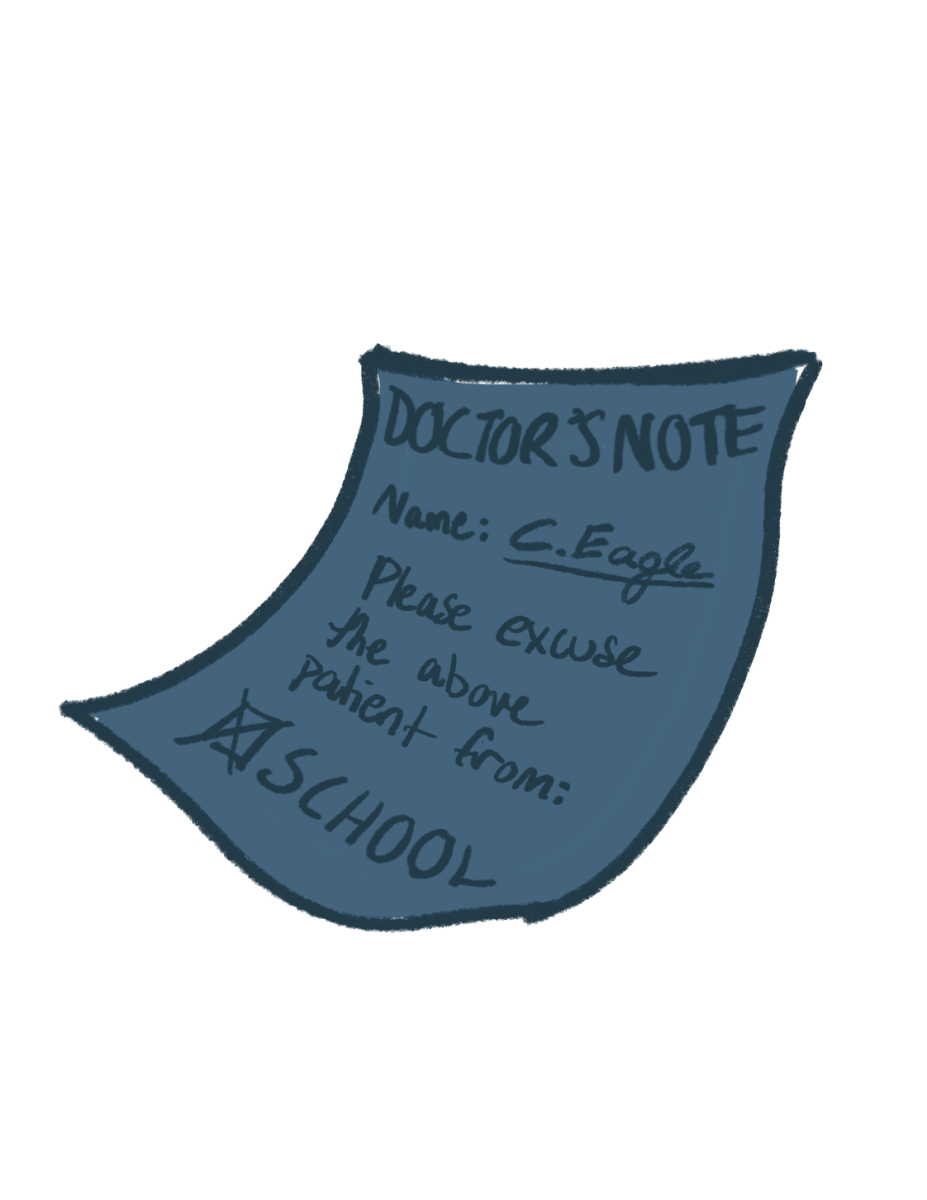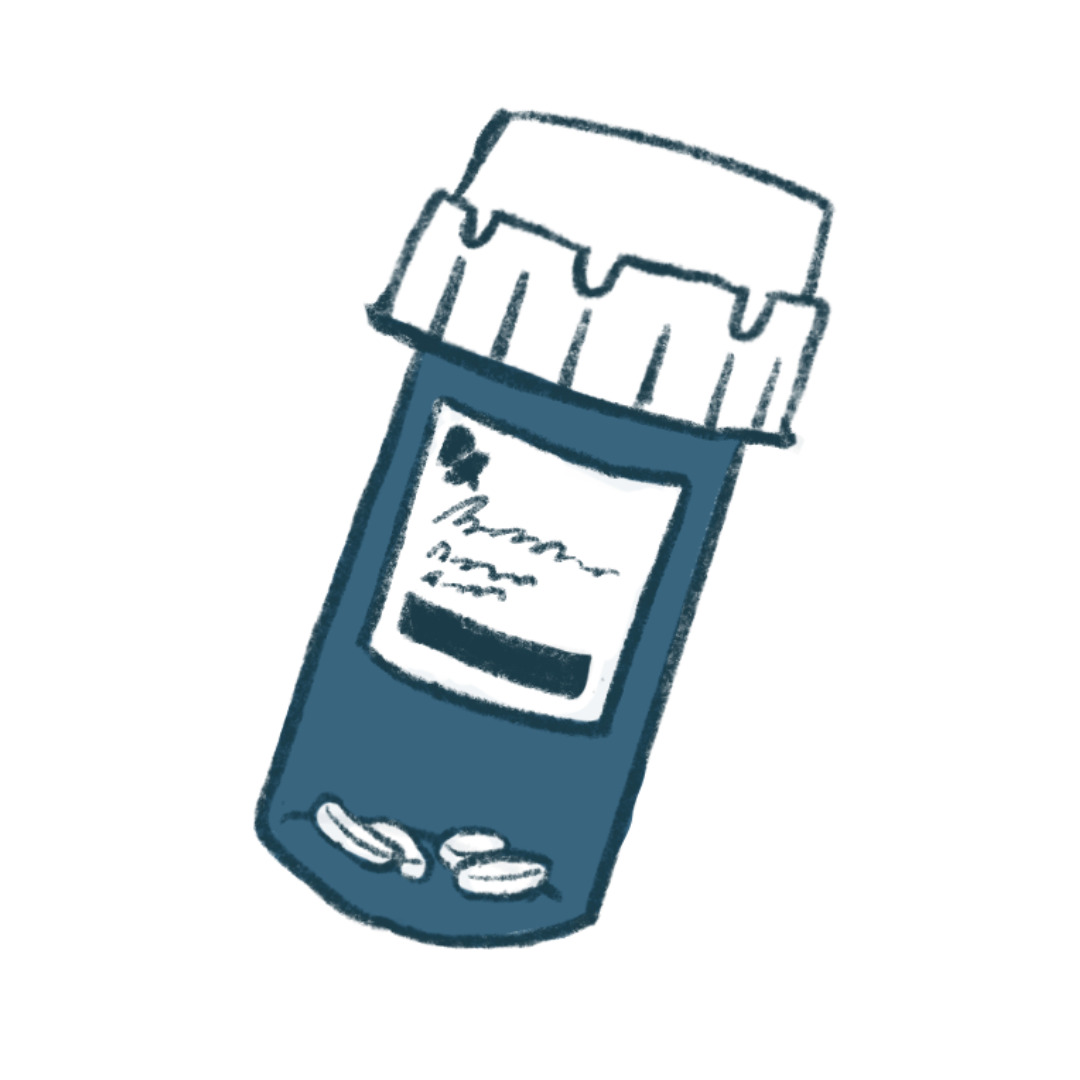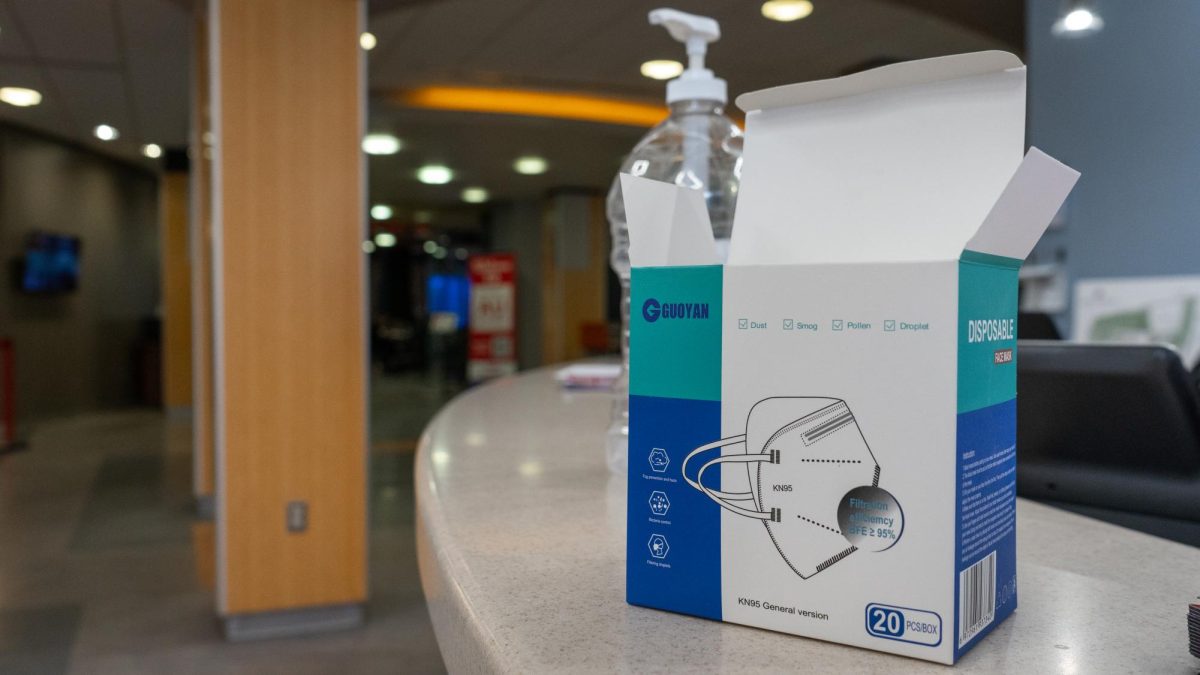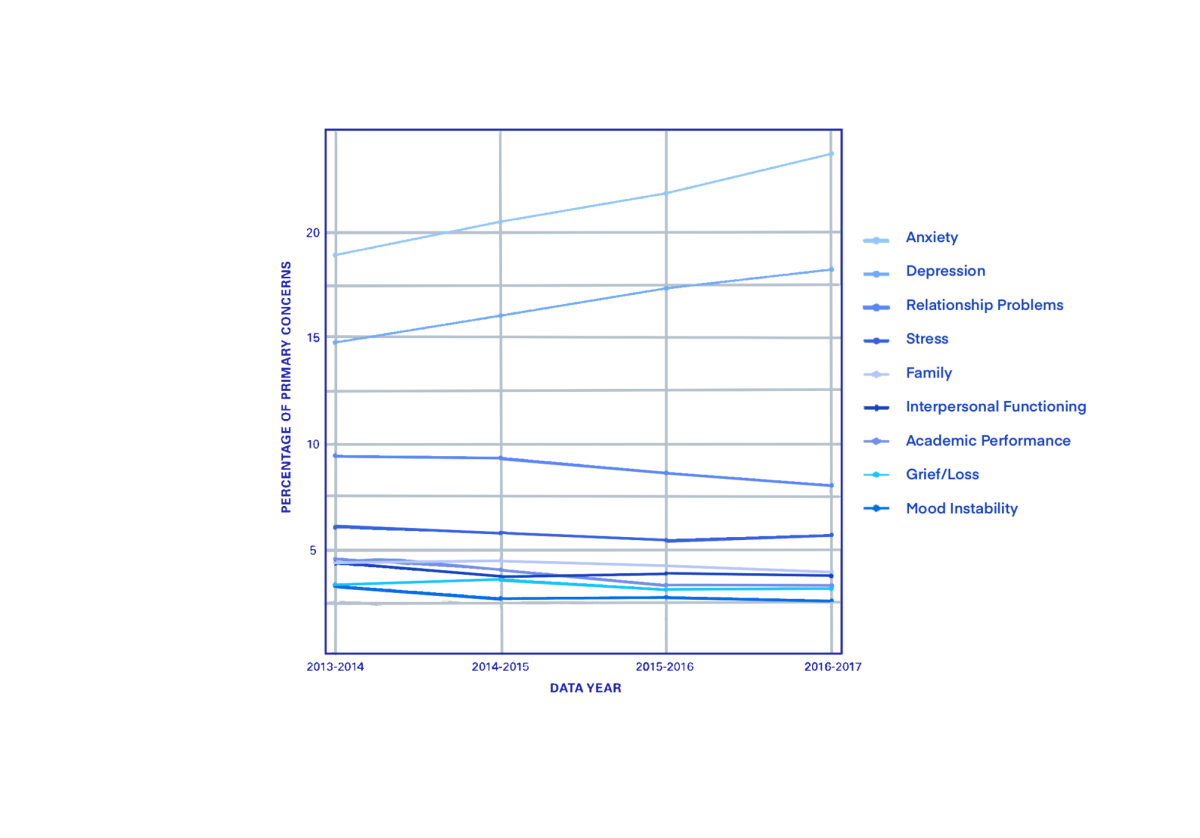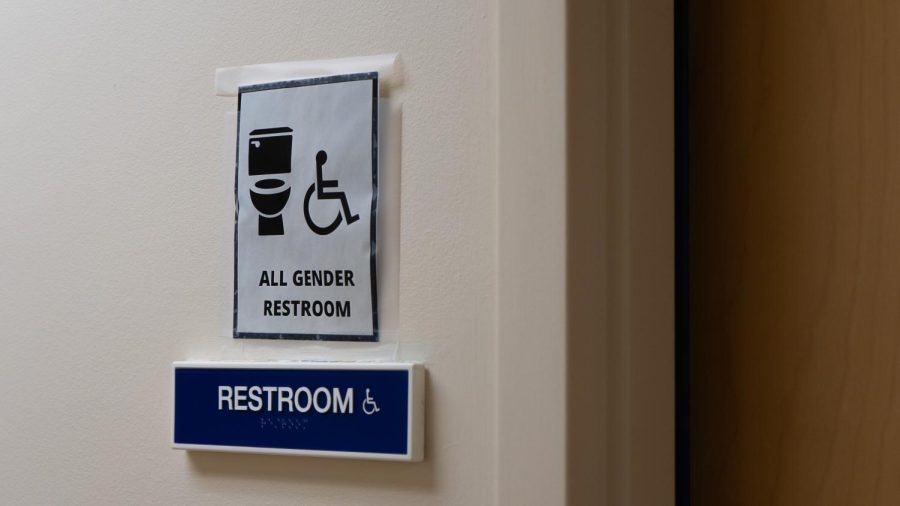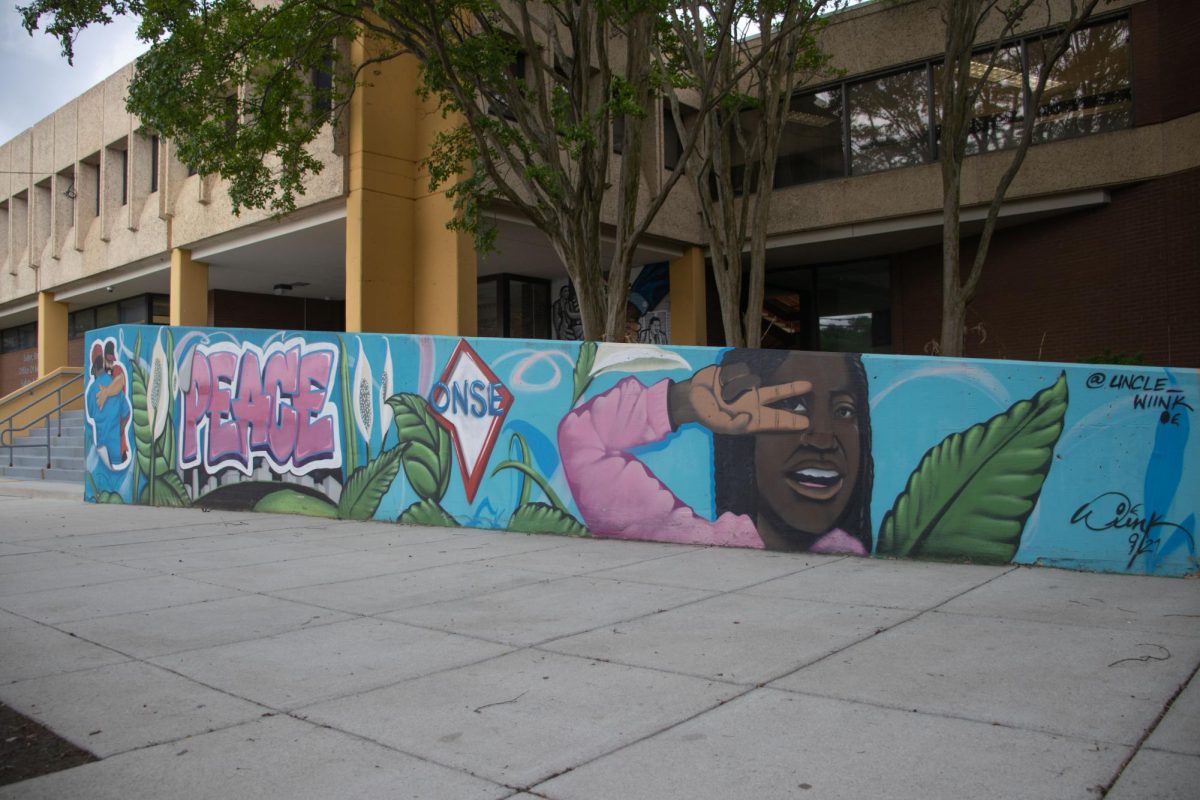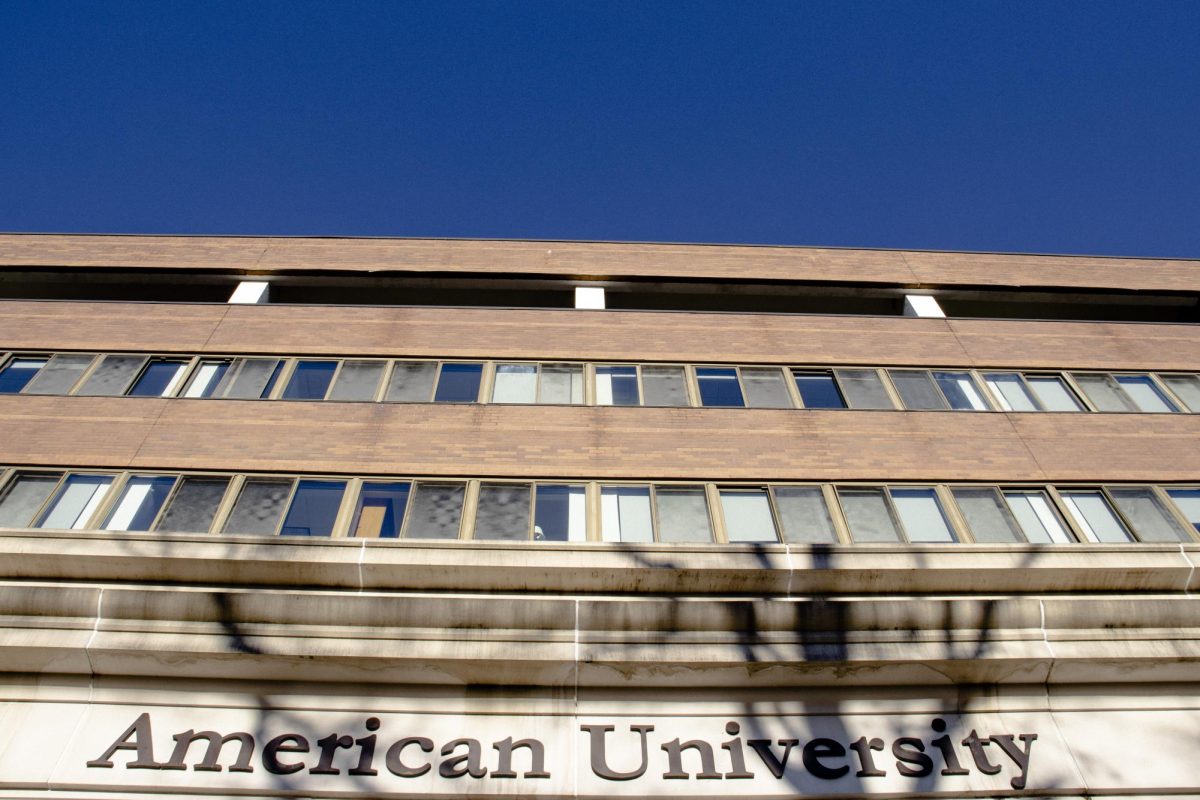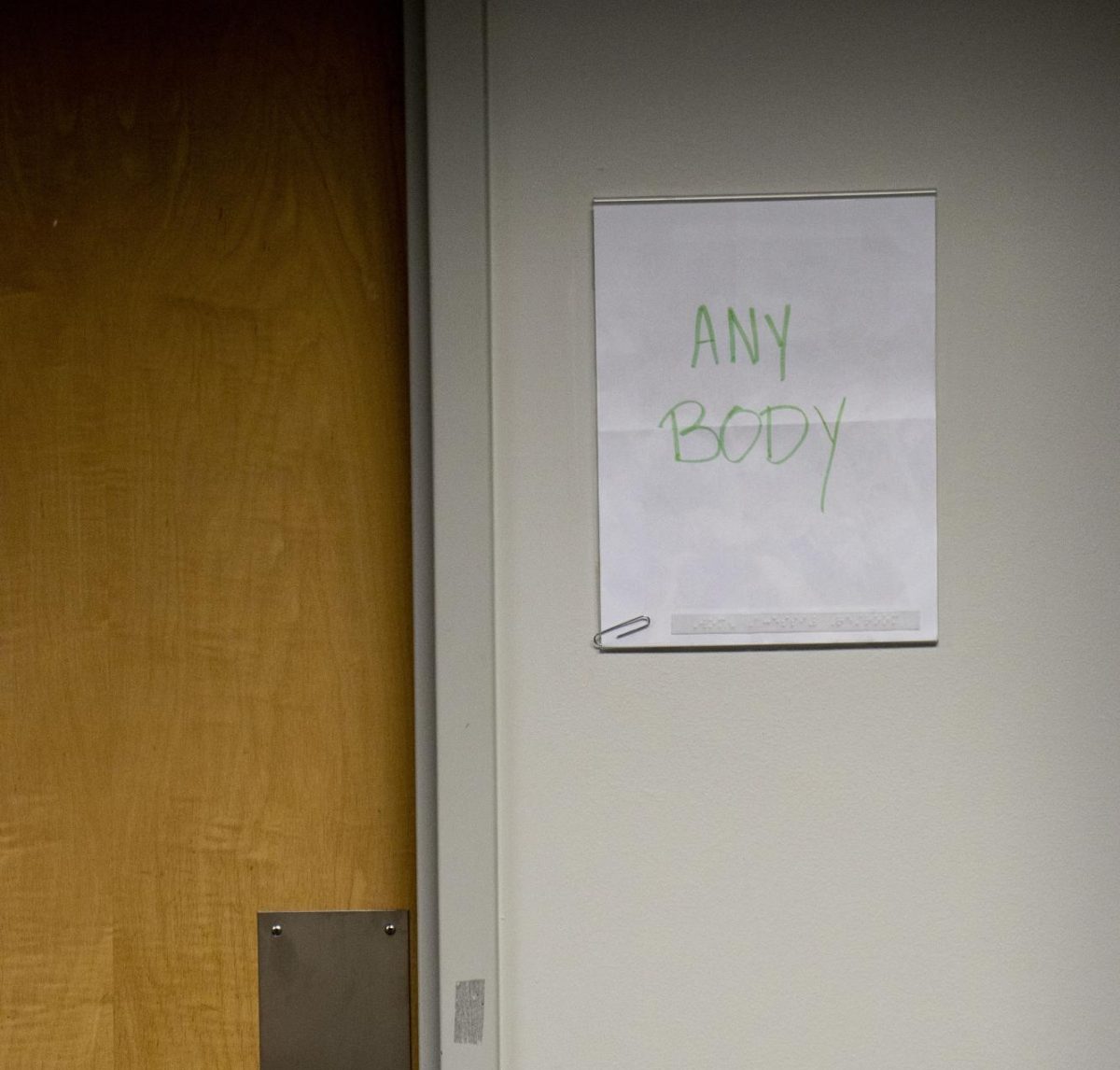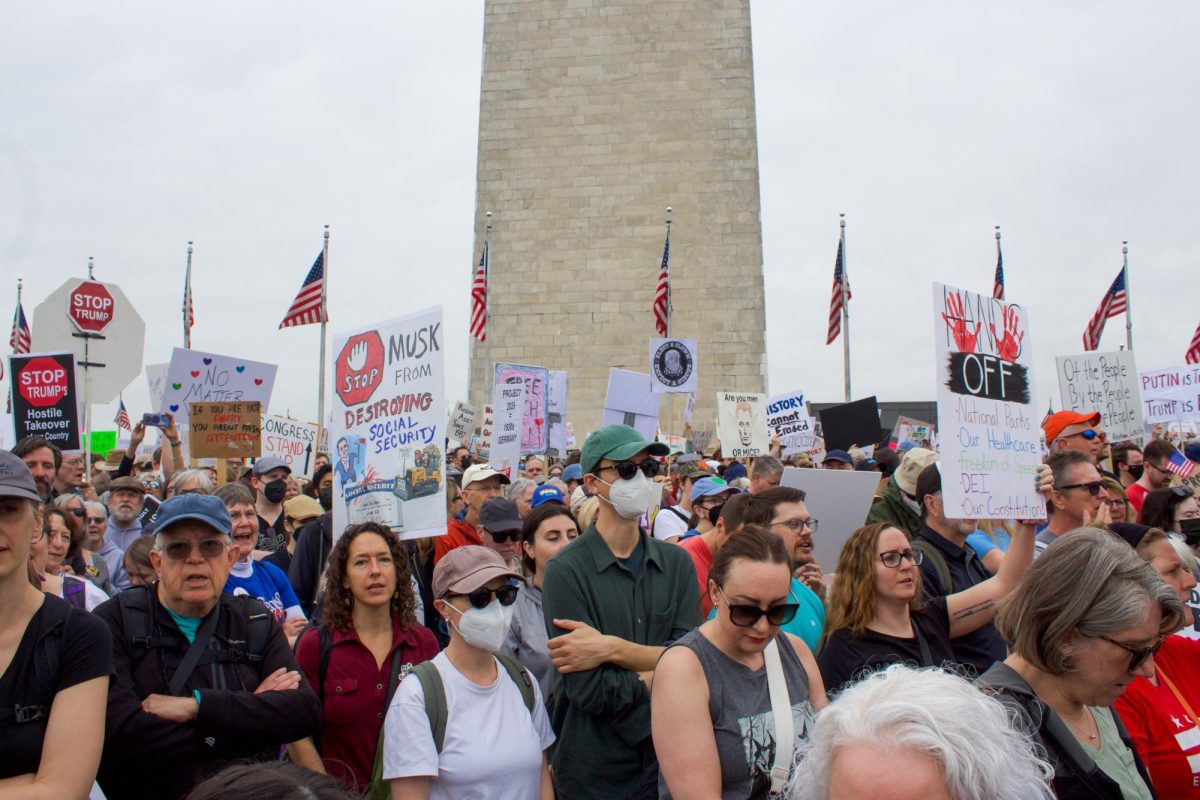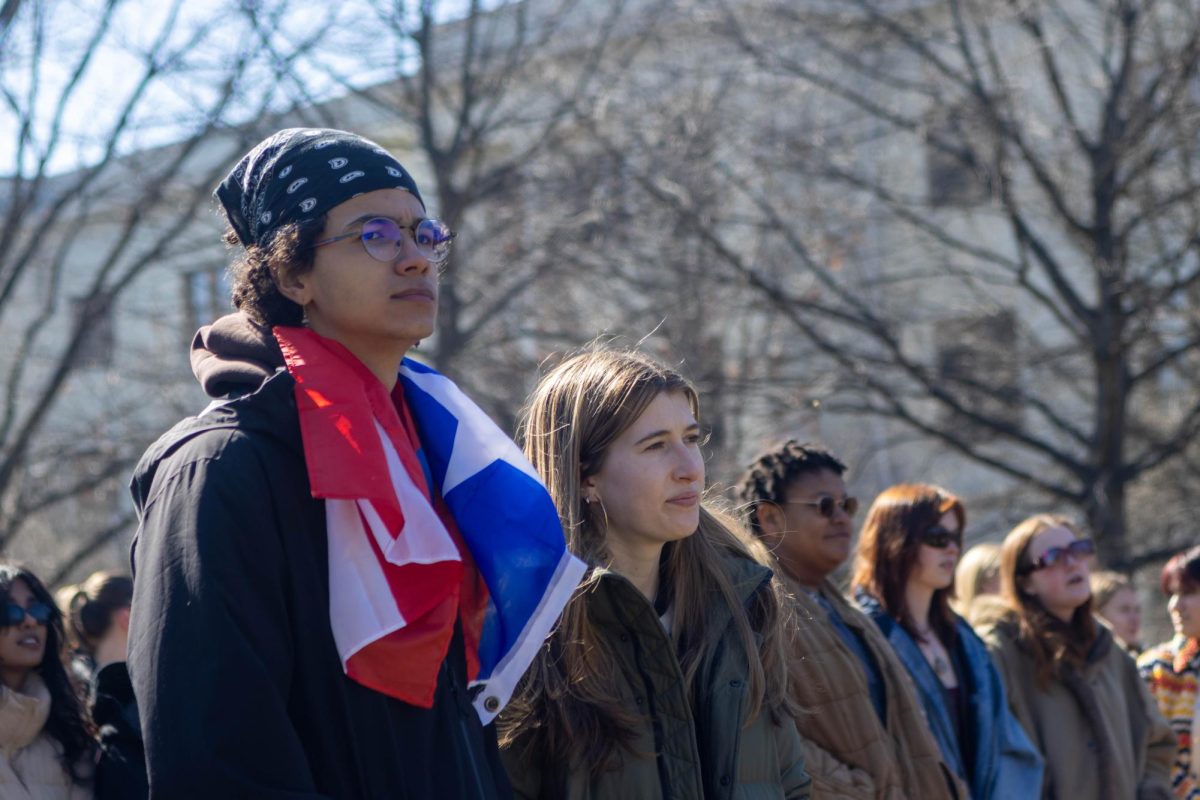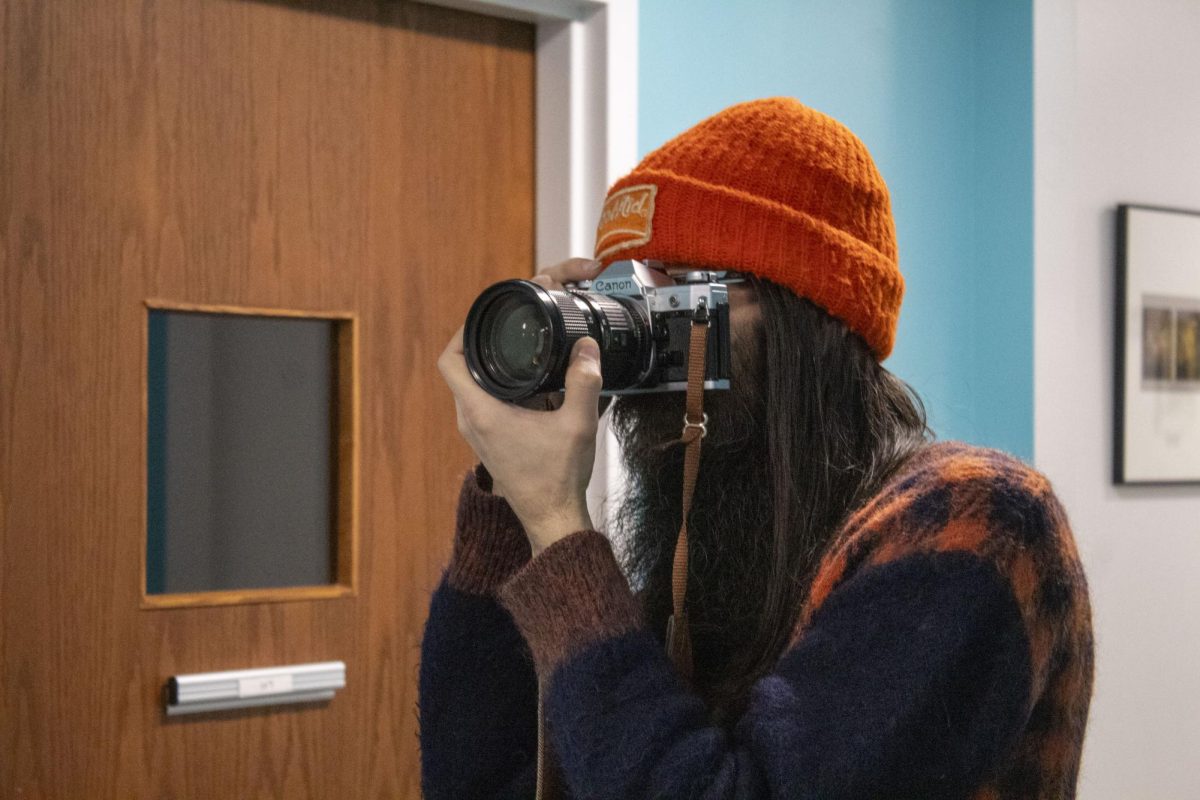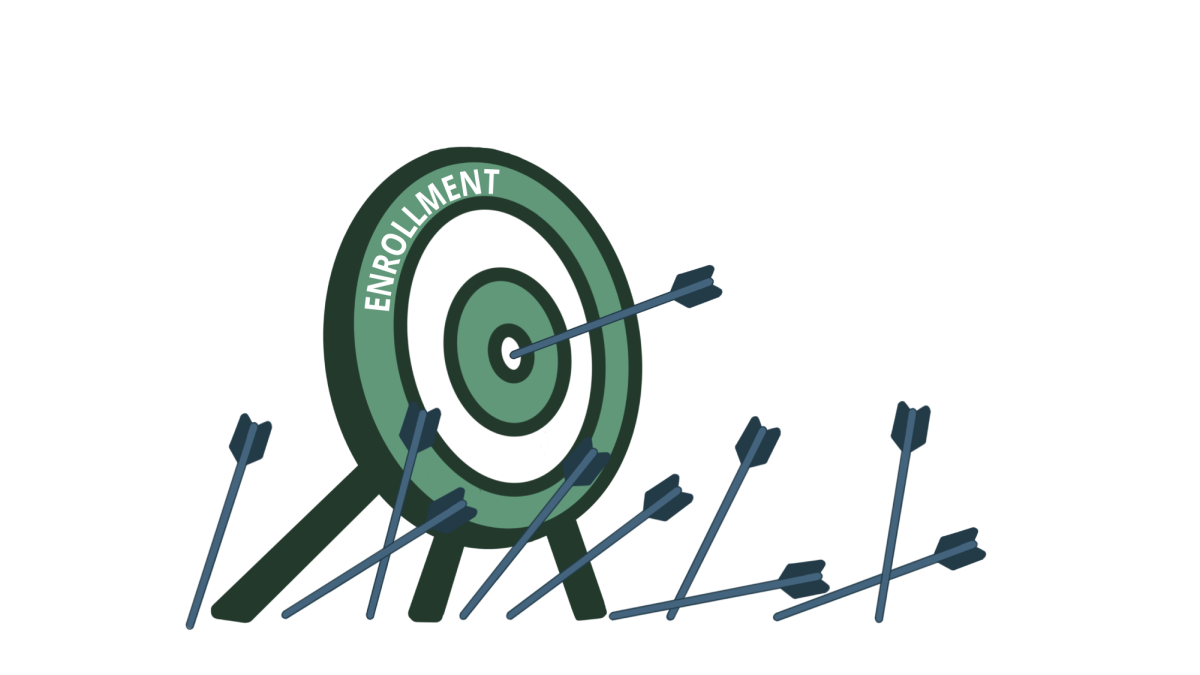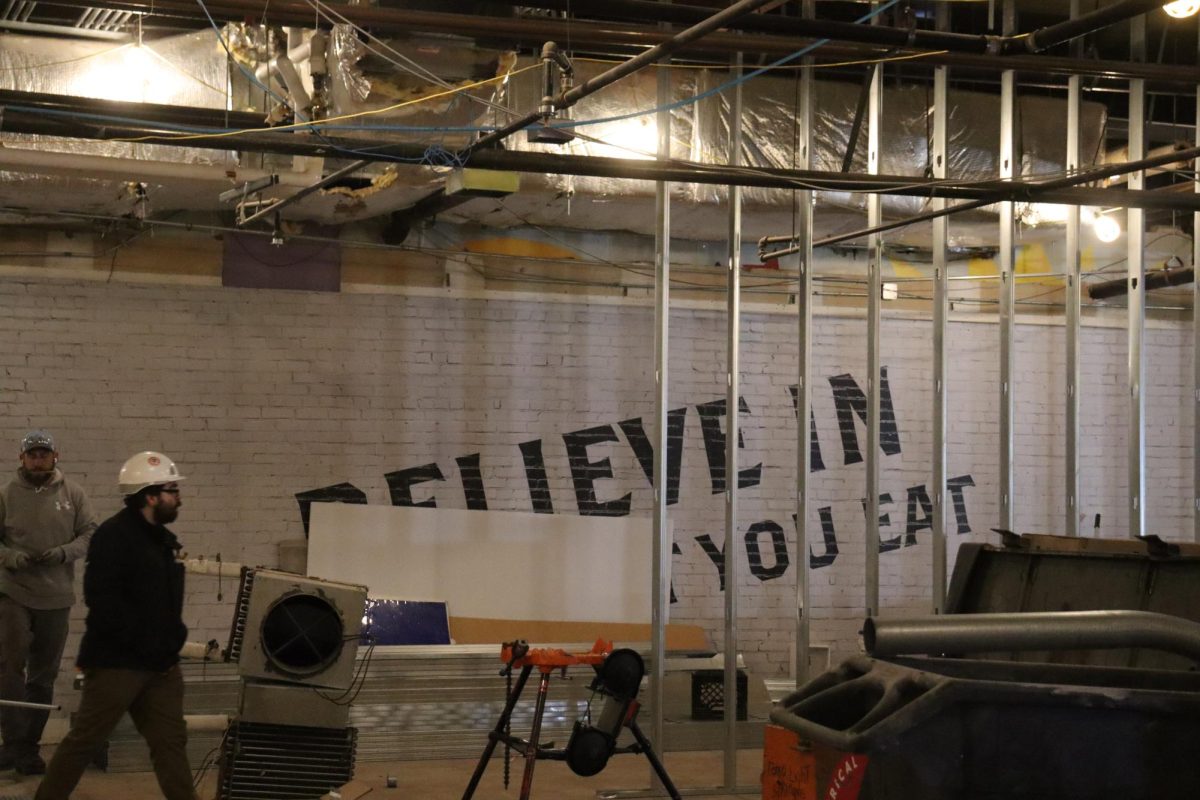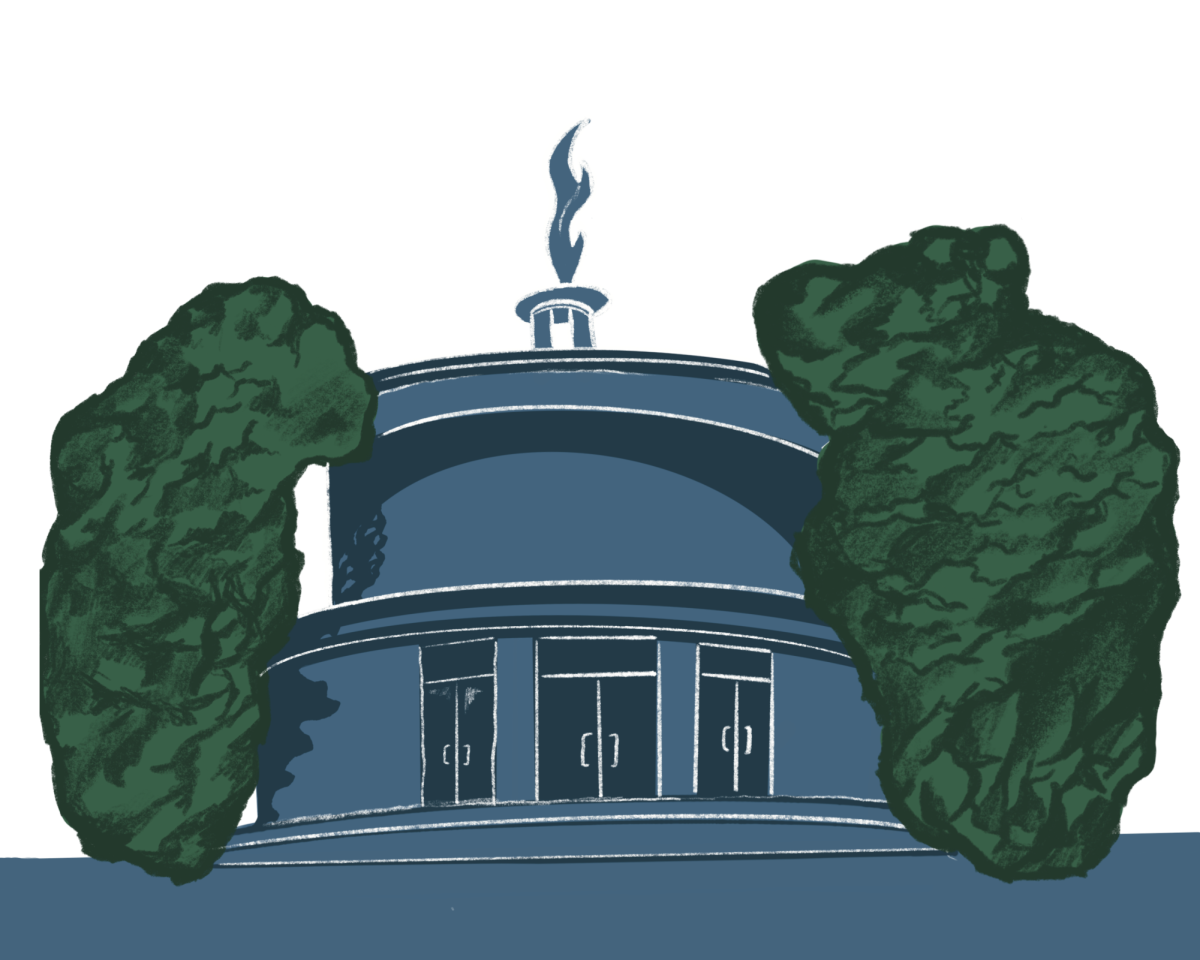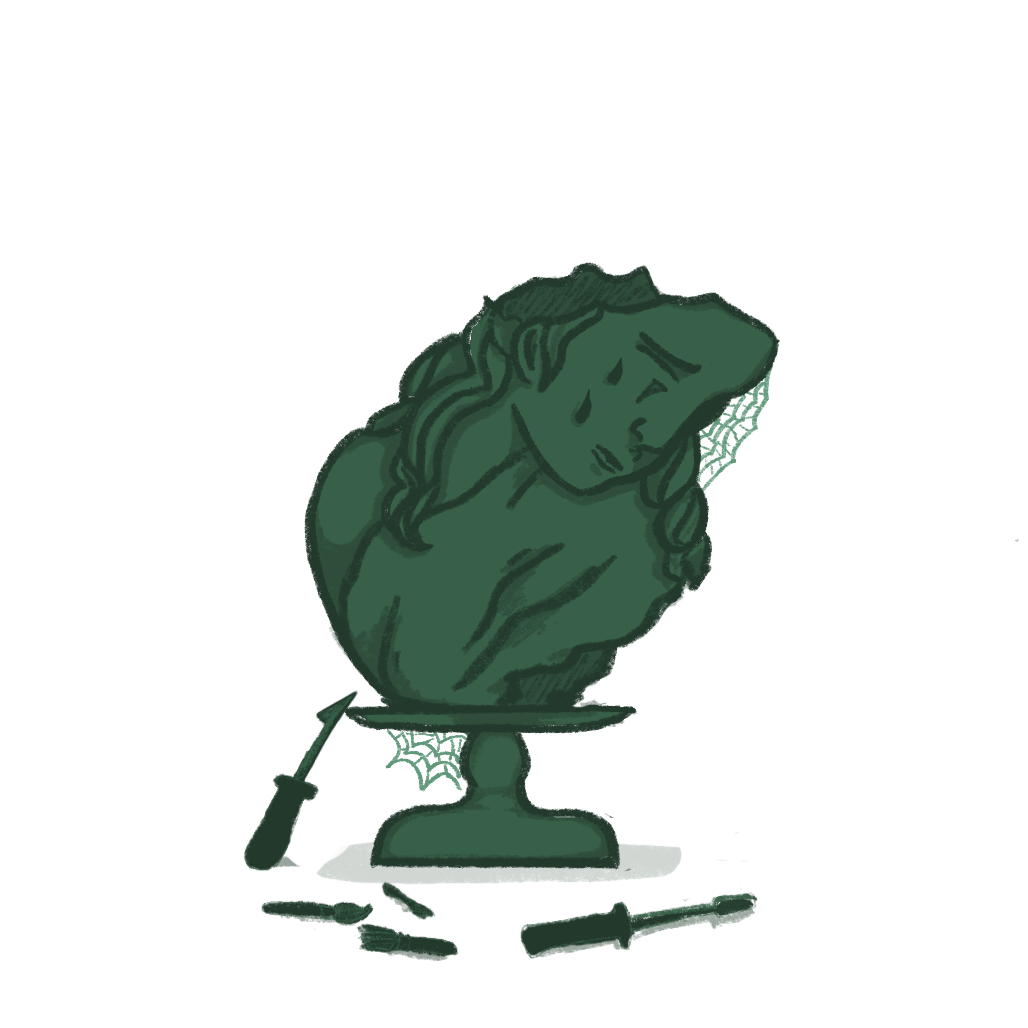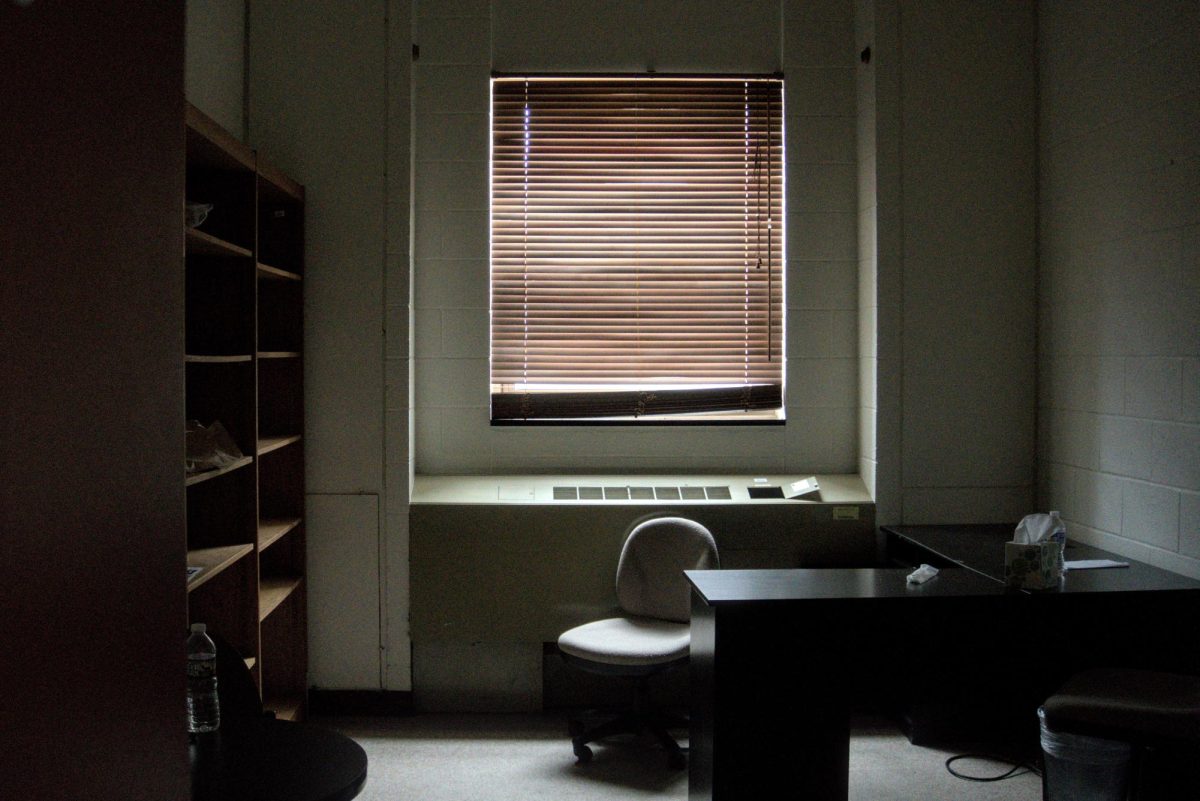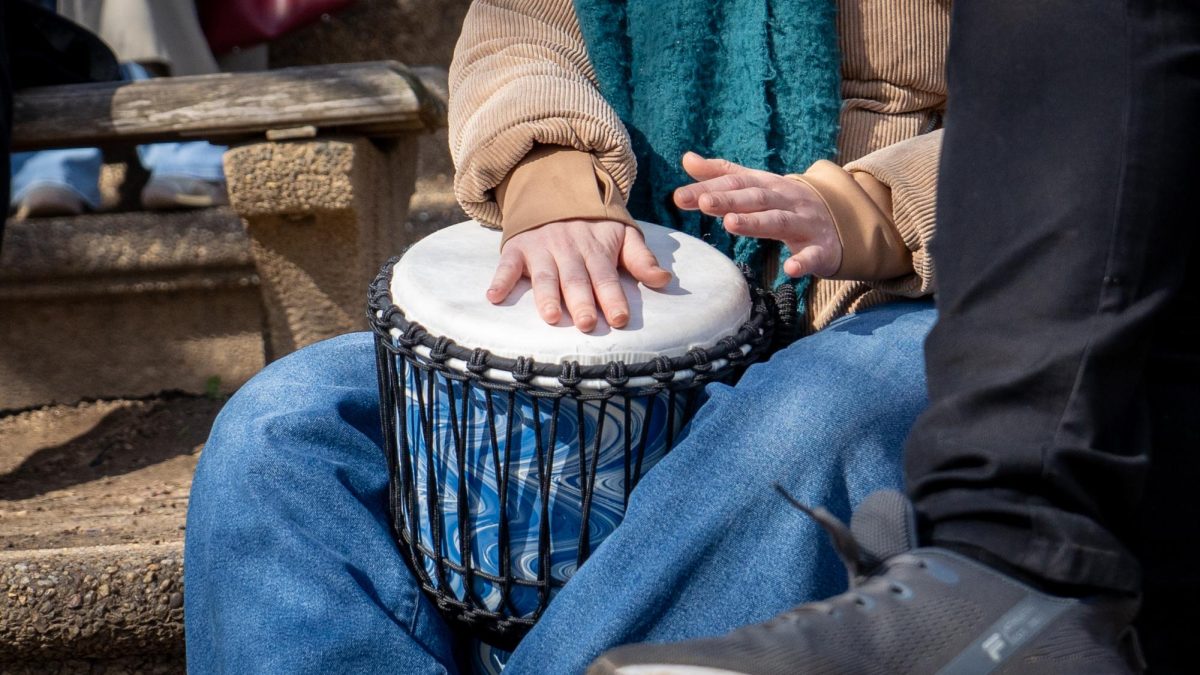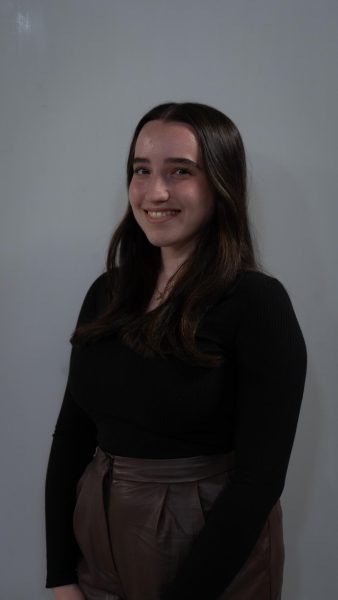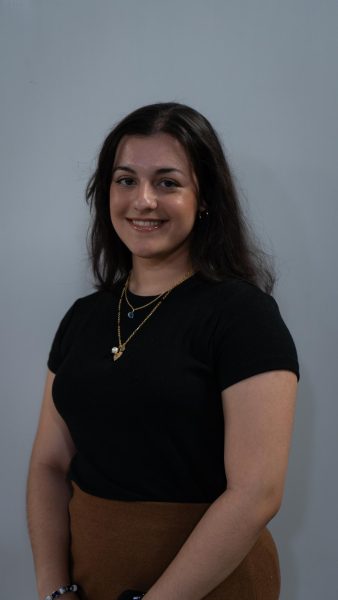Chiara Beyer, an American University sophomore, missed three weeks of classes after being hospitalized for a kidney infection.
“It was such a surreal experience,” Beyer said. “When you’re fainting multiple times a day and you’re trying to figure out what’s going on, but you’re also paying so much money to go to school. It’s very surreal.”
While hospitalized, Beyer was diagnosed with COVID-19, which made her unable to return to AU as she had planned.
“AU didn’t have the means of isolating me,” Beyer said. “They were worried because I had been fainting and there wasn’t going to be anyone there to help me, so essentially they were like, ‘You figure it out.’”
Beyer took temporary medical leave from October 2021 to January 2022. According to AU’s temporary medical leave policy, a temporary medical leave of absence can be initiated before the start of the semester up to the last day of the add-drop period.
Beyer said the leave process was tricky, and she didn’t understand all the documentation. She was eventually diagnosed with postural orthostatic tachycardia syndrome, or POTS.
“At first, we didn’t really know what was going on,” Beyer said. “We didn’t know that I had POTS. I didn’t have the opportunity to figure it out until I was under this pressure from school to put in medical leave, and you have to have a diagnosis to get the help.”
Adrienne Frumberg founded Lighthouse Guidance, which assists students and families through traditional and atypical college processes. Joanna Lilley founded her company, Lilley Consulting, to help young adults struggling with substance abuse and mental health issues. Organizations like these help guide students and families through the medical leave process.
Frumberg said that students commonly take a leave of absence because of chronic health issues and mental health struggles. Nearly 60% of undergraduate students across the U.S. sought mental health treatment, which is the highest rate in the study’s 15-year history, according to the 2022-23 Healthy Minds Study.
Frumberg and Lilley co-authored a guide for students and parents on navigating the leave of absence process.
“It becomes difficult for students when the policy says you can only be out for ‘X’ number of semesters,” Frumberg said. “These really strict policies make them feel pressured to re-enter before they’re ready.”
A medical leave of absence may last for a few weeks to a few years, depending on the individual’s circumstances, according to Mental Health America. Mental Health America is a non-profit that promotes mental health awareness and illness prevention through research and advocacy, according to its website.
“Unfortunately, I have seen that with some of the higher tier institutions that the max time out is two semesters, even if dealing with a major health issue. It just seems disappointing,” Frumberg said. AU’s policy allows students two semesters of medical leave.
If a student seeks a leave of absence outside of the provided window, they can request an incomplete grade through the Office of the Dean of Students or withdraw entirely, according to AU’s academic rules and regulations. Beyer said she has several withdrawals on her transcript from her leave.
Lilley said there needs to be clear stipulations on how students will be supported academically while on leave to ensure the university and students expectations are clear.
“The best way for any college to demonstrate that they actually care about the student is to do a hand-off,” Lilley said. “Not just so you know what you need to do to leave, but then also ask the question: how can we support you in this transition? Do you need connections? Do you need any type of guidance or direction?”
AU’s medical leave policy defines what temporary medical leave is, how to submit a request, ways to use your time effectively and how to return from leave. According to the policy, students work with their advisor to be put on medical leave and fill out documentation. There is no policy in place to check in on students while on leave.
“Every institution acts like they are siloed, so they create their own policies,” Lilley said. “How it is presented to students, and, I think the biggest fear in all of this, is that the university will actually push them towards a leave.”
Lilley said that rather than pushing a timeline, it is most beneficial for students to have an individualized plan for their leave experience, so they feel confident that they will have a successful return to campus.
“I wish I had the ability to influence the institution in understanding the impact that they have,” Lilley said. “If there is any way not to talk about leave policies in general but to talk about that discriminatory process of particular institutions.”
Interim Dean of Students Justin Bernstine has worked at AU since 2016 and has worked in the Office of the Dean of Students, DOS, since 2021, according to his staff profile. In an email comment to AWOL, he said students on leave are expected to focus on their health with their medical provider.
“When a student is ready to return to AU, staff in DOS begin the process of discussing appropriate resources at AU to support the student based on their care providers’ recommendations,” Bernstine said.
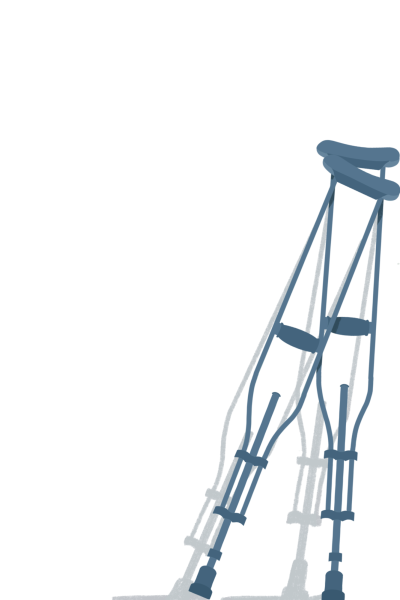
Junior Aidan Delehanty said he was encouraged not to take a medical leave of absence when he was diagnosed with a rare autoimmune disease in March of his first year at AU. Delehanty said he had just finished his first championship meet with the AU swim and dive team when he was diagnosed with achalasia and had to have surgery.
“Interestingly enough, though I was gone for that amount of time, they technically wouldn’t call it a leave of absence,” Delehanty said. “I just had to take an incomplete in every single one of my classes and finish the coursework by the end of the second summer semester.”
He said he worked individually with each professor to ensure that he was caught up.
“The nice thing about being an athlete at AU is that we have our own personal counselors and they’re also your freshman-year adviser,” Delehanty said. “So here’s my advisor and sports counselor so I had a relatively good relationship with him.”
After explaining his situation to his advisor, he said that he was put in touch with the Dean of Students.
“The two of them together along with one of the associate ADs for the athletic department basically all pushed for me,” Delehanty said. “The biggest problem that I had was that I just finished the season and a big thing when you’re an athlete is that off season time.”
Lilley said it is important to have an advocate on campus, which Delehanty said he did with his coach and academic advisor. However, he said he feels like his leave experience has continued to hinder his social life at AU.
“So, having a point of contact for the institution is gonna be super important. I think the other thing is just to have a plan or a sense of a plan,” Lilley said. “I think if you do have one ally or advocate on campus that you feel can kind of be that transition professional, is kind of like having an anchor in the storm.”
Lilliana Silver, an AU graduate student, said she took a temporary medical leave at the beginning of the 2023 spring semester of her junior year.
“It was very simple for me,” Silver said. “I emailed the Dean of Students and was like, ‘Hi, I’m having a medical procedure on ‘X’ date, and I’m attaching the document from the surgical center,’ and they never asked me what procedure I was having.”
Silver missed the first two weeks of the semester but reintegrated back into life at AU quickly. She said her experience with temporary medical leave is unique compared to others she has spoken to.
Frumberg said that most of her clients do not return to their home institutions after a leave of absence for many reasons. She said it is important to stay connected to the university while on leave and to remember that everyone’s experience differs.
“There are a lot of comparisons, I think, unfortunately through social media, that are made and those students sometimes veer away from that,” Frumberg said. “They’re like, ‘I don’t want to tell anyone that I failed or I took a break,’ and I often encourage them to look inward and say you have made those gains and give credit where credit is due.”
While on leave, Beyer said she stayed connected with her friends through text messages and FaceTime. She said COVID-19 helped people learn how to communicate when not together.
“I kinda learned that everybody has their own thing, and everyone was very supportive,” Beyer said.


